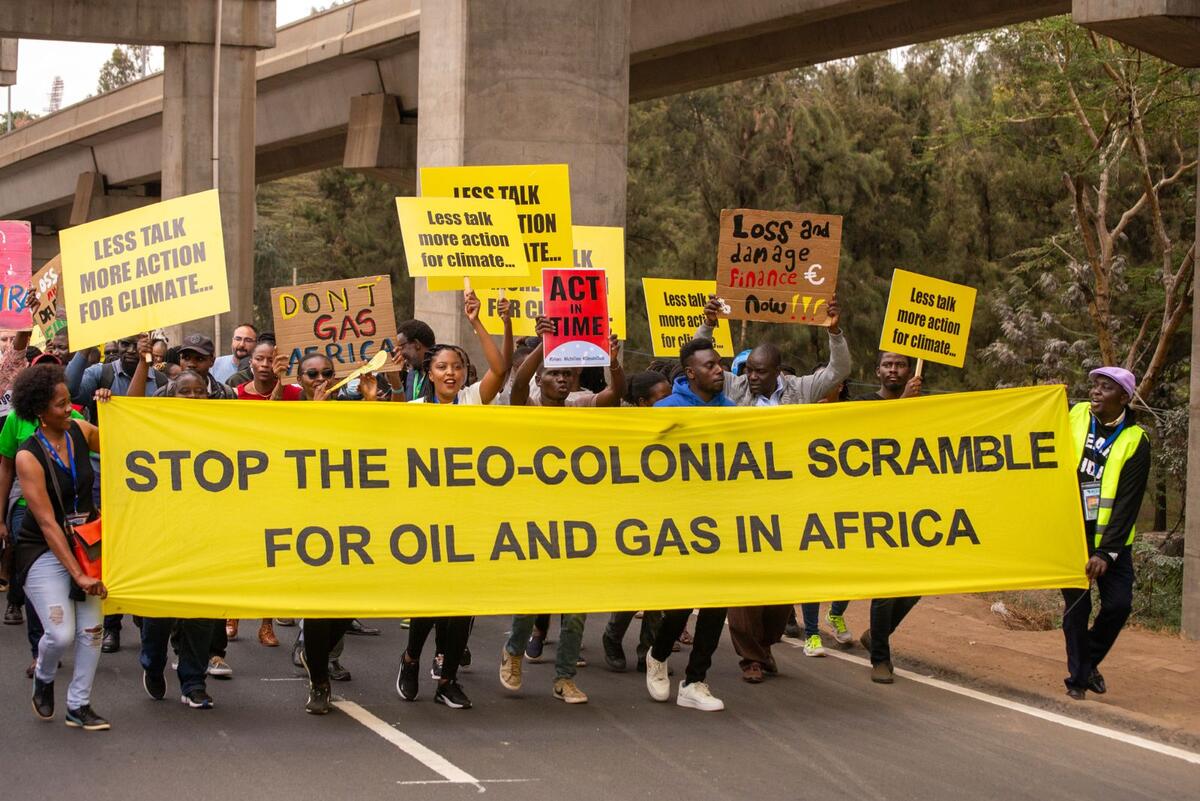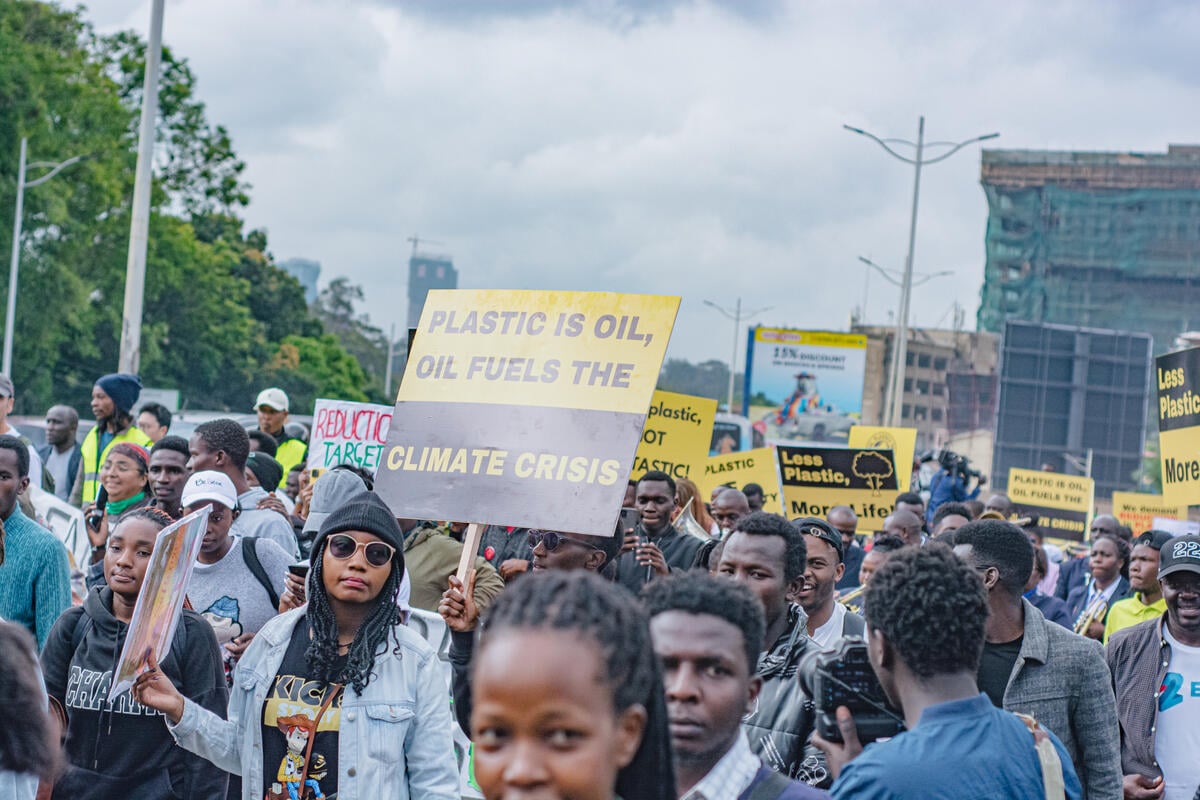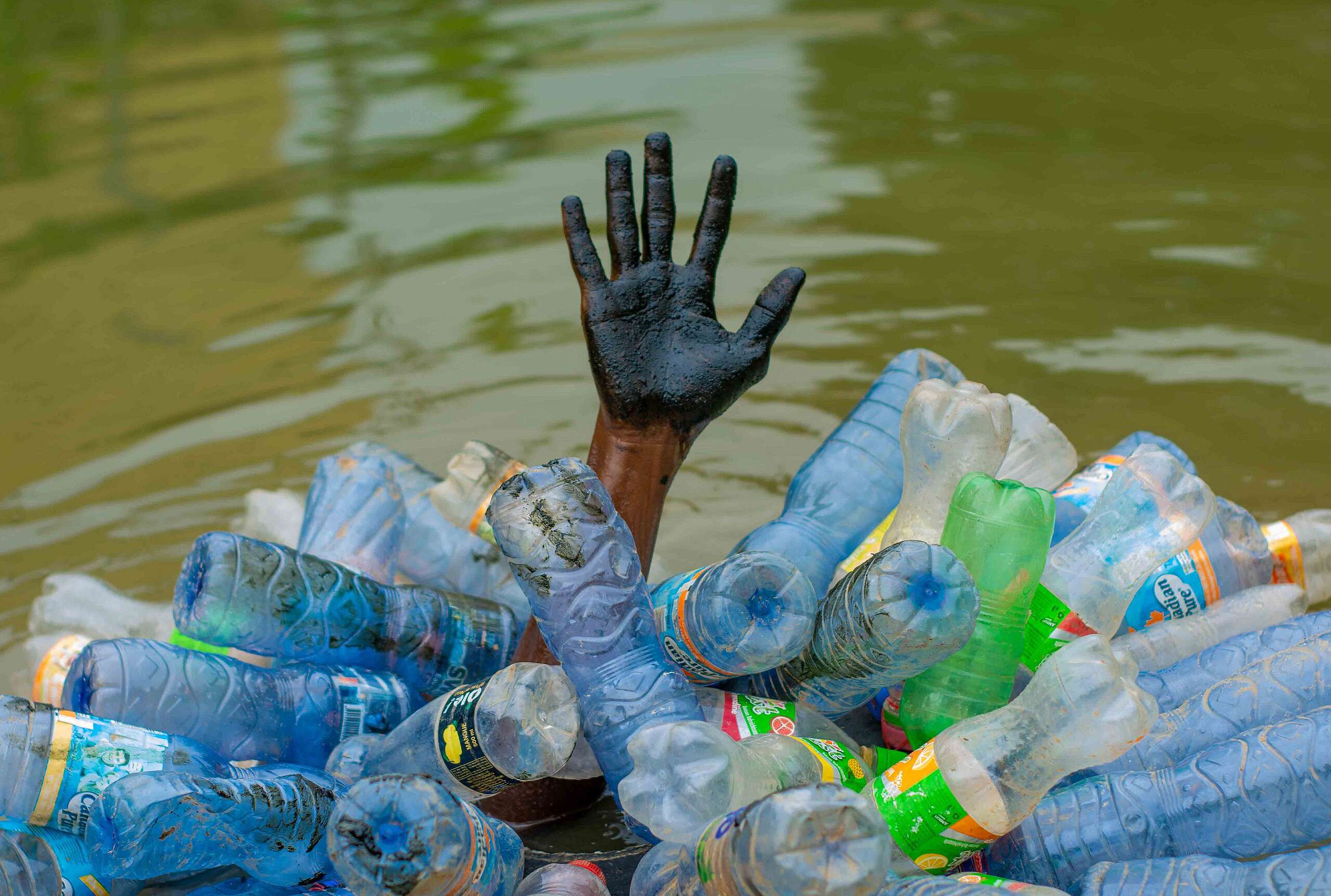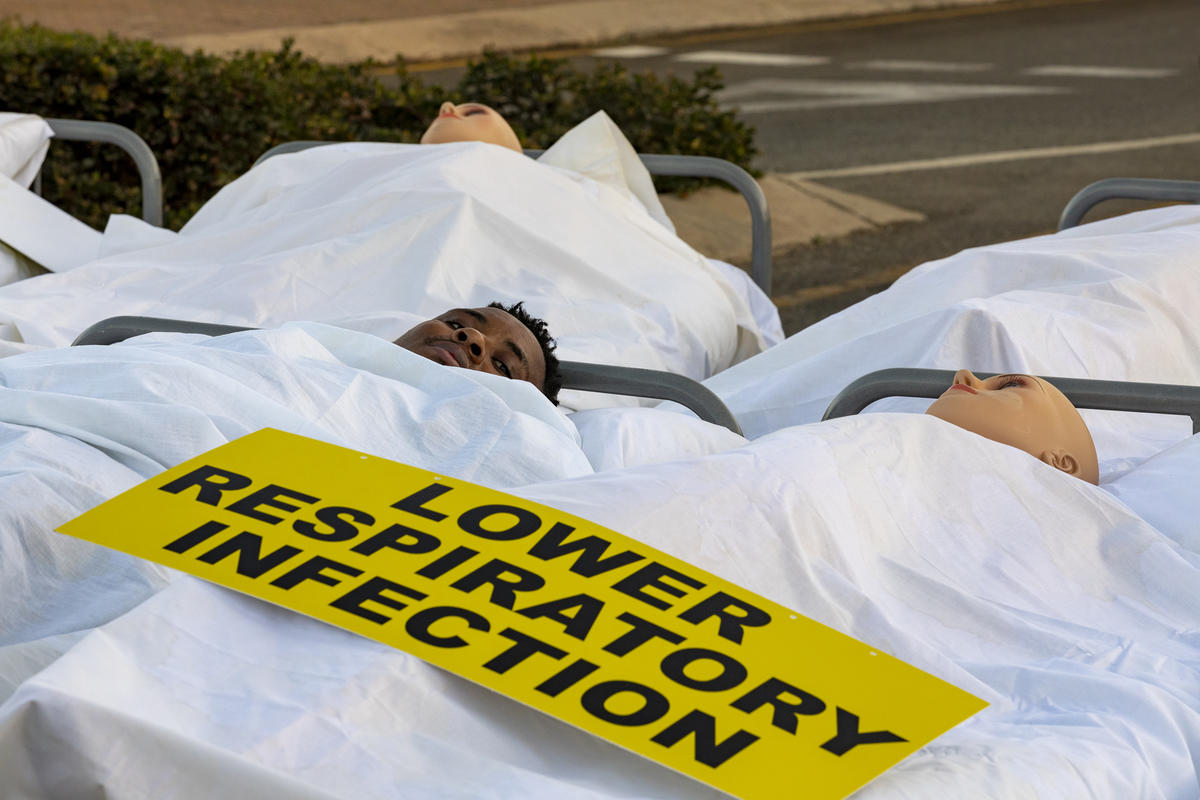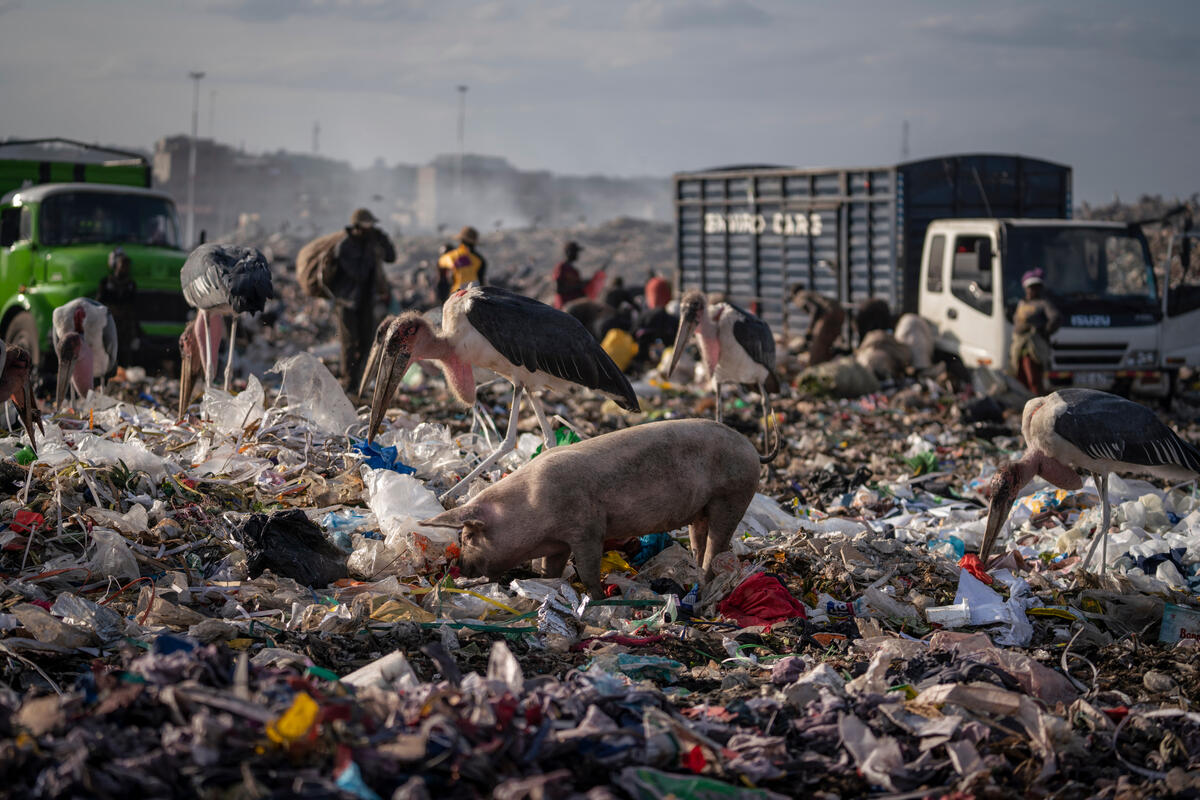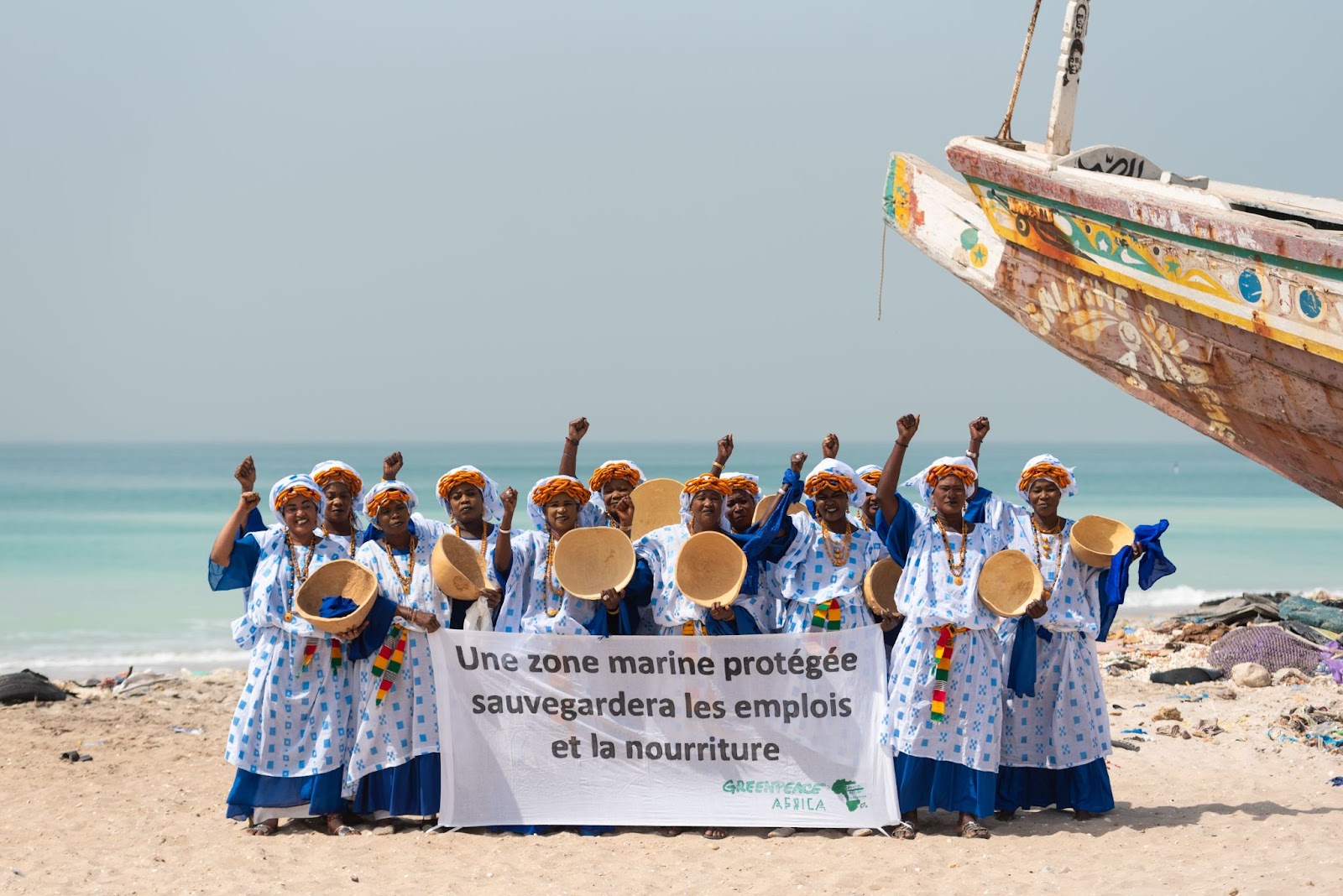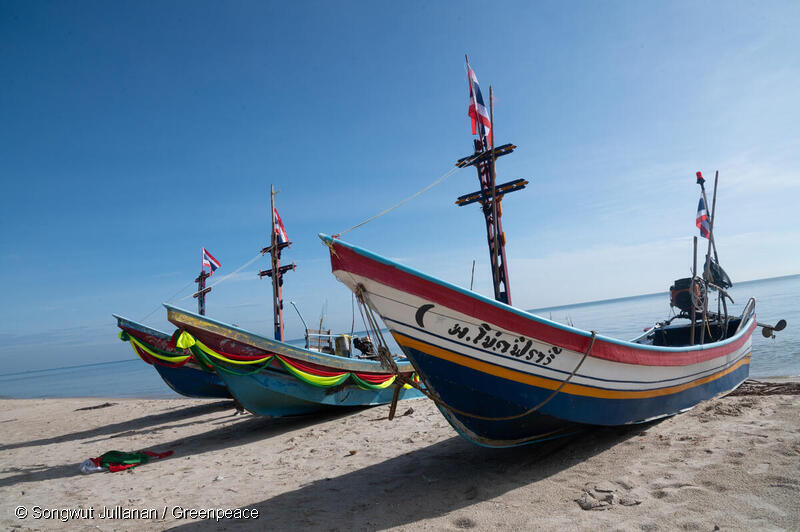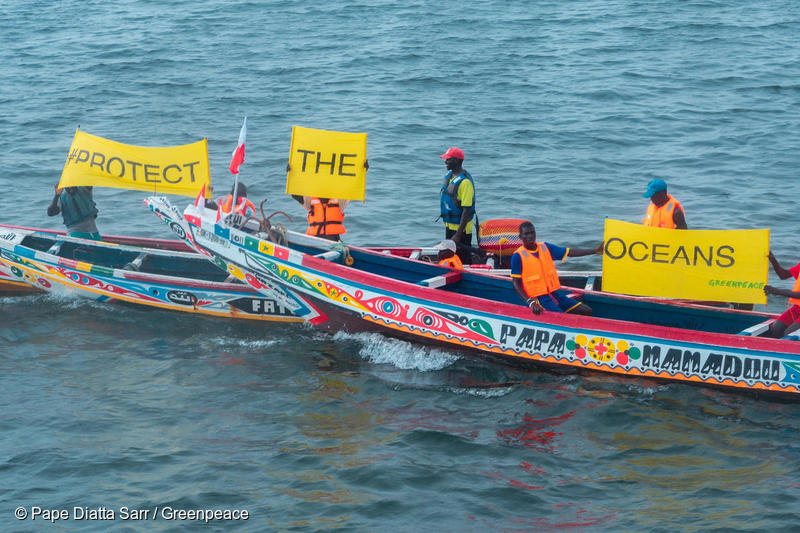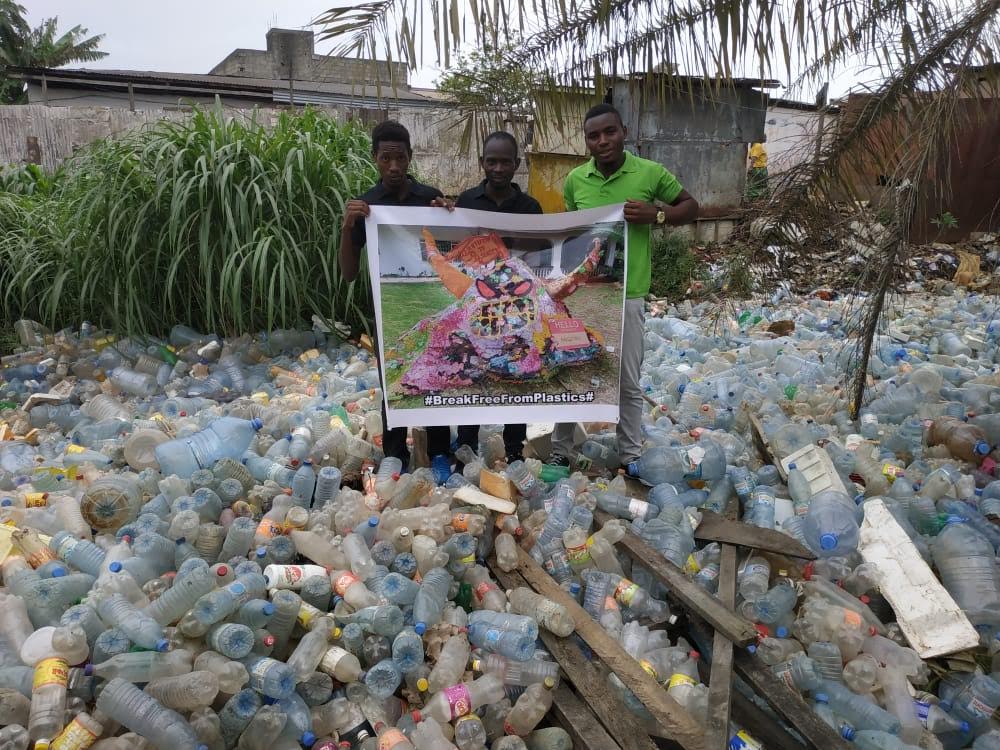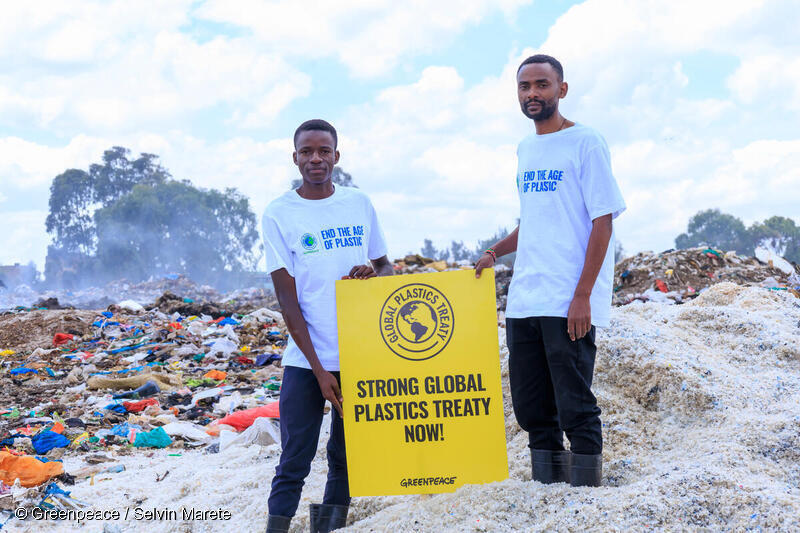-
Climate and Energy Campaigners Demand that African Leaders to End Fossil Fuel Investment
African climate campaigners and renewable energy industry advocates convened a press conference at COP28 in Dubai today, urging African leaders to put their communities…
-
History in the making: Africa’s stand against the plastic pollution crisis at INC3
Last week, as I attended one of the most historic events as world leaders came together to negotiate a Global Plastics Treaty, made me realise that I am not just a visitor from South Africa to Kenya.
-
African scientists urge African leaders to reject fossil fuels at COP28
Ahead of the COP28 climate summit, 50 African scientists and over 4000 youth across 30 African countries have called on African leaders to seize the opportunity to transition the continent to 100% renewable energy and reject the destructive path of fossil fuels.
-
Air Pollution in South Africa: The Silent Killer That Demands Urgent Action
Air pollution is linked to a number of human health and environmental impacts and must be addressed. We talk about the real solution to air pollution and whether a carbon tax cuts it.
-
Women and Empty Gourds: Guardians of Food Security in Senegal
On the Bargny beach, under the scorching Senegalese sun, a group of fifteen women stand united, each holding an empty gourd - a calabash bowl. Their faces mirror both determination and concern as they raise their fists in the air.

